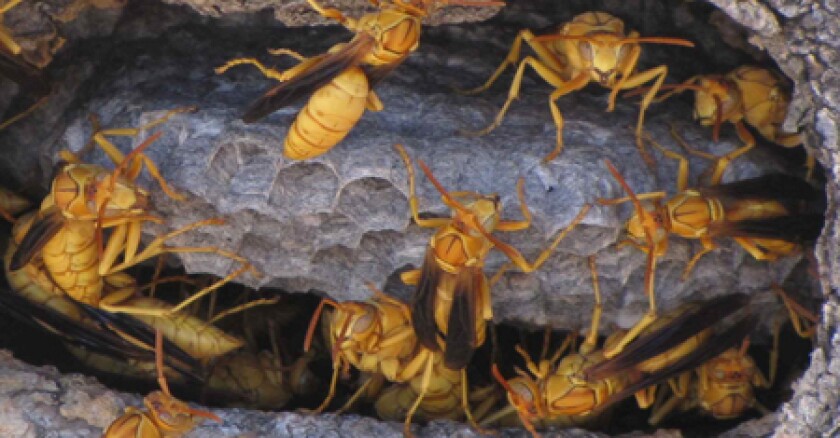Wilson, who teaches biology and anthropology at the State University of New York at Binghamton, believes that the key to success for animals is not trying to survive as individuals, but working together as groups. Groups that are able to foster altruism and cooperation do better than those that belong to selfish societies. “The basic message is that evolution can explain the full range, from extreme selfishness to groups functioning well,” Wilson says.
Wilson is trying to put his ideas into practice in Binghamton. After having done extensive survey work to identify microcommunities and their interests, Wilson is running a program to help neighborhoods plan their own parks. That effort is still rather new and has had its bumps already.
But Wilson’s concepts have helped high schools students who’d been failing at multiple subjects work together and perform better than expected -- and better than their peers -- on state-mandated tests. “Governing is about causing groups to function well as a unit,” he says.
When he says it like that, Wilson’s ideas sound rather basic. Too often, say his critics -- including some reviewers of his new book, The Neighborhood Project -- he lards his points with confusing language such as “prosociality” or illustrative examples that don’t seem relevant, drawn from the realm of animals such as wasps.
Tarik Abdelazim, Binghamton’s director of planning, housing and community development, has worked closely with Wilson on the parks project and even on recovery efforts following massive evacuations from the flooding of the Susquehanna River in September. Yet even Abdelazim admits he sometimes gets puzzled by Wilson’s terminology. “At times, I’ve had to ground him with the realities of public administration.”
But after losing its two largest employers more than a decade ago, Binghamton will take all the help it can get -- whether it’s motivated by faith, an urge toward democratic participation or the desire to test out a scientific theory. As Wilson has become more grounded in the realities and technicalities of governance and neighborhood organization, he’s lost the “distant gaze of an academic,” Abdelazim says.
“He still is our mad little professor, but it’s quite clear he’s developed strong and meaningful bonds with many residents, and that this work gives him a great deal of civic pride and personal joy,” he says. “I guess you can say he’s evolved.”











